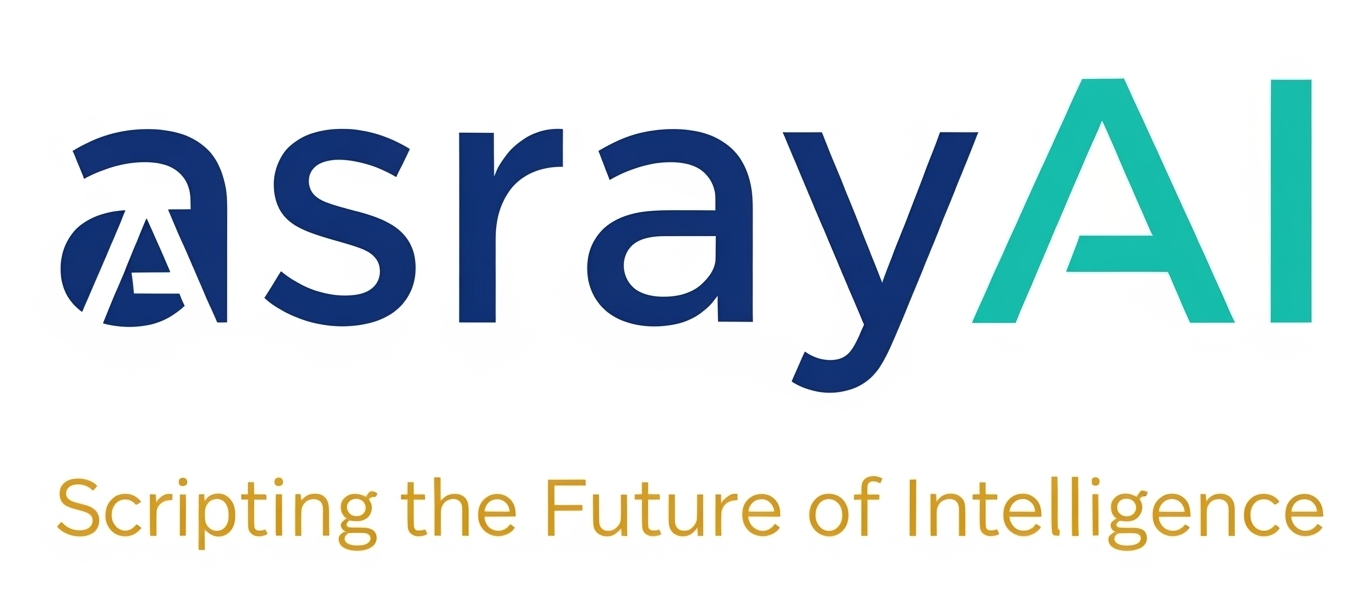As AI agents become mainstream, a key debate is emerging: should businesses and developers rely on open-source frameworks or proprietary platforms? Each path offers advantages and trade-offs that shape how agents are built, scaled, and trusted.
1. The Open-Source Advantage
Open-source frameworks like LangChain, Rasa, and CrewAI offer:
- Transparency: You can see the code, customize it, and audit for security.
- Flexibility: Tailor agents to specific workflows.
- Community support: Shared innovation across thousands of developers.
For developers who value control, open-source offers unmatched adaptability.
2. The Proprietary Edge
Proprietary platforms like OpenAI, Anthropic, and Google Vertex AI provide:
- Ease of use: Ready-made APIs and managed infrastructure.
- Enterprise reliability: SLAs, security compliance, and scaling support.
- Constant upgrades: Regular improvements without developer effort.
For businesses that prioritize speed and stability, proprietary platforms are attractive.
3. Cost and Sustainability
- Open-source tools are often “free” but require engineering resources to deploy and maintain.
- Proprietary services charge usage fees but reduce staffing overhead.
- The balance depends on whether a company values low upfront costs or low ongoing maintenance.
4. Security and Trust
Open-source allows direct auditing of how agents handle data, boosting trust. Proprietary platforms demand trust in the vendor’s policies and safeguards. For sensitive industries (finance, healthcare), this choice is especially critical.
5. The Hybrid Future
The reality may not be either/or. Many companies adopt a hybrid strategy:
- Using proprietary LLMs for reasoning.
- Wrapping them in open-source orchestration frameworks for flexibility.
This combines reliability with customization.
Conclusion
The battle between open-source and proprietary AI agents won’t produce a single winner. Instead, the landscape will be shaped by hybrid approaches, where businesses choose the right mix of openness and stability to suit their needs.
